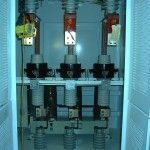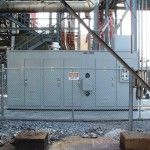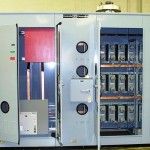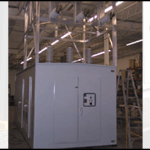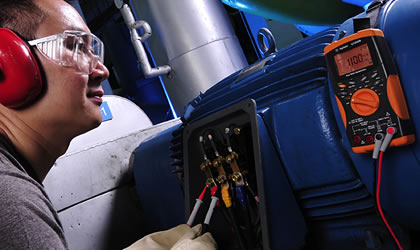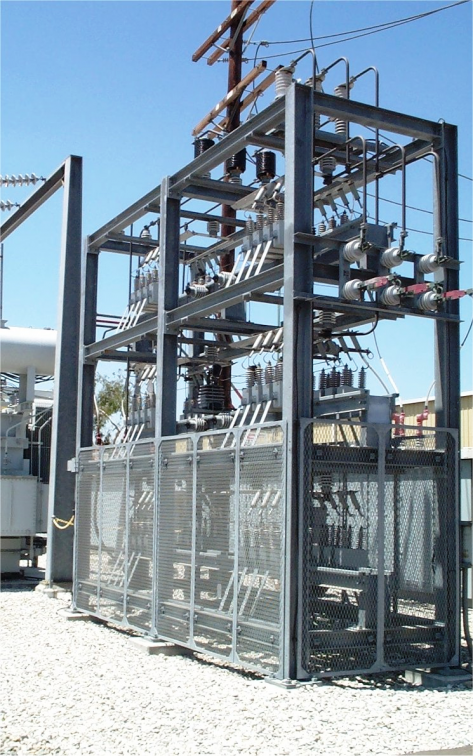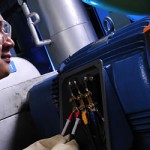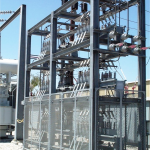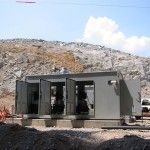 Summary: Controllix Corporation transitioned a coastal utility from using open rack style capacitor banks to their advanced metal-enclosed capacitor banks. This change notably improve...
Summary: Controllix Corporation transitioned a coastal utility from using open rack style capacitor banks to their advanced metal-enclosed capacitor banks. This change notably improve...Rising Adoption of Passive Harmonic Filter in North America will Boost The Market Growth
Harmonics in an electrical system/equipment occur due to fluctuations in the current or voltage. The propagation of harmonic frequencies is one of the most important cause of power quality problem in the electrical systems. Harmonic causes torque fluctuations, misfiring in variable speed drives and heating in the system. Thus, in order to ensure optimum power quality, complete suppression of harmonics is a critical consideration. The growing need for ensuring power quality coupled with increasing use of non-linear loads such as variable frequency drives producing harmonics is expected to drive the demand of harmonic filter in the coming years. Passive harmonic filters that are built from a combination of power components including inductors, resistors, and capacitors are tuned for a particular frequency of interest.
Over the last few decades, passive harmonic filters have been finding use in a wide range of applications due to their superior compensation of the reactive power, simple and robust construction, and relatively lower cost as compared to other harmonic filters. Their preliminary utilization in power factor correction applications has been the driving force for their extended use within power networks. Passive filters are required to be applied only after considering their effect on the whole network. Incorrect application of harmonic filters may lead to early failure of the filter. However, the passive harmonic filter when designed and applied correctly, offers a cost effective solution to harmonic distortions at all voltage levels.

